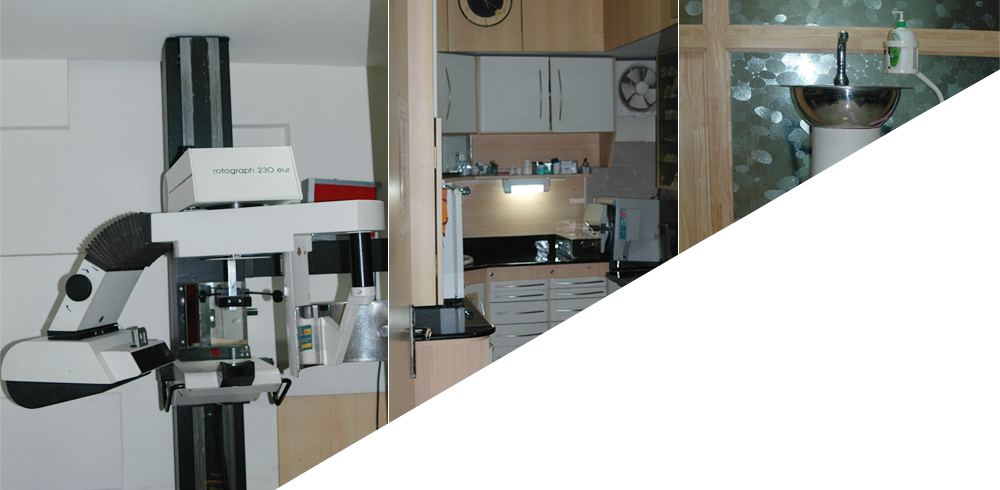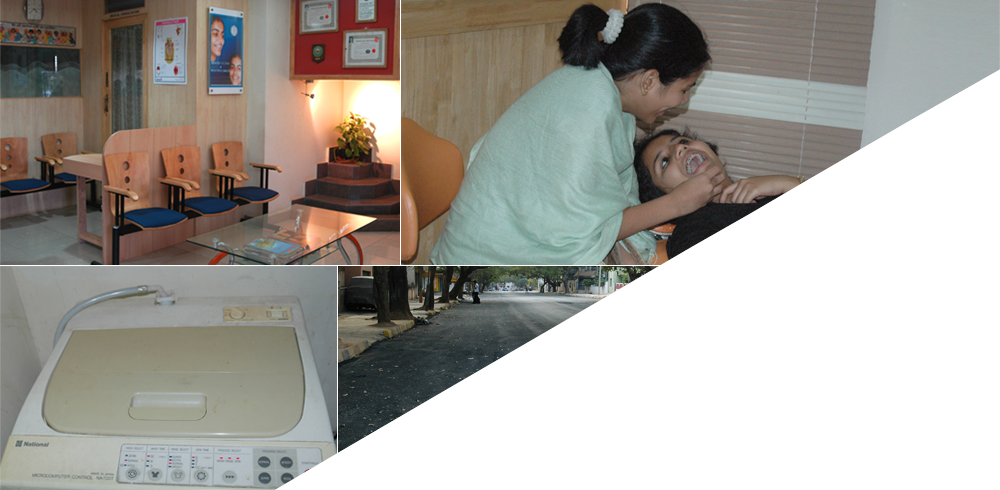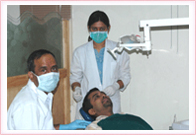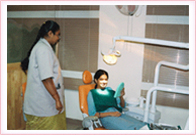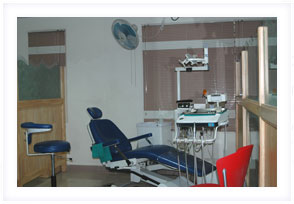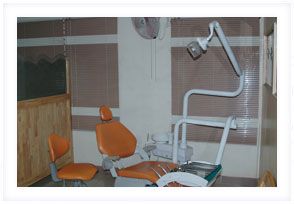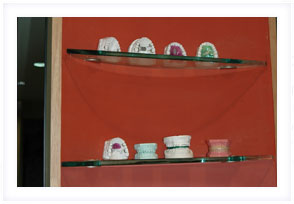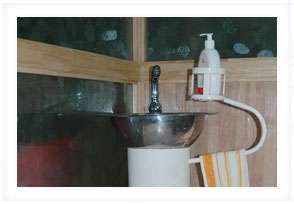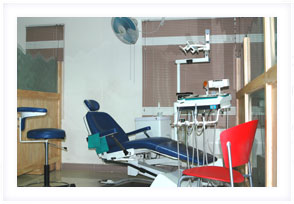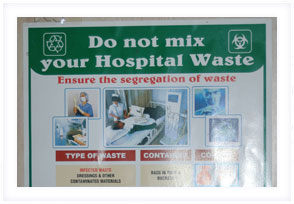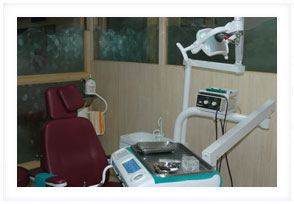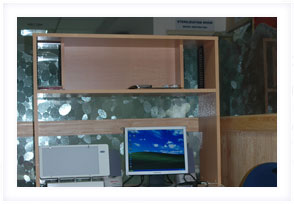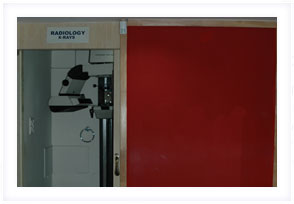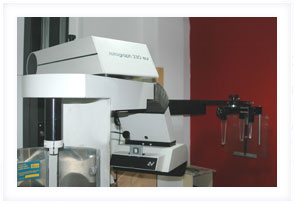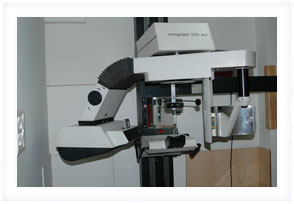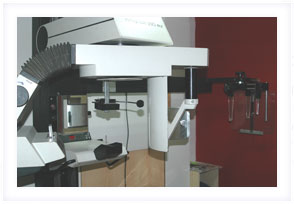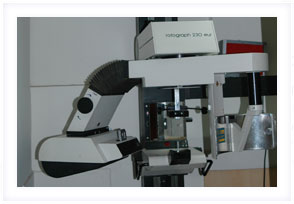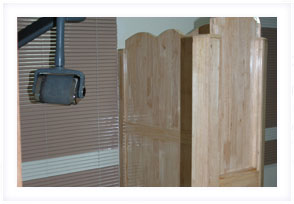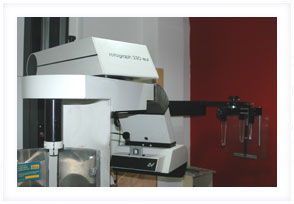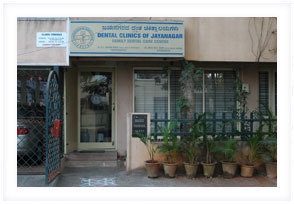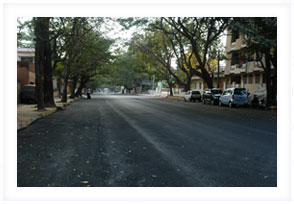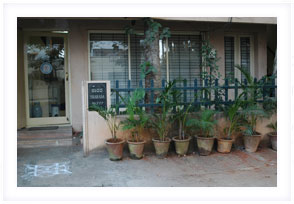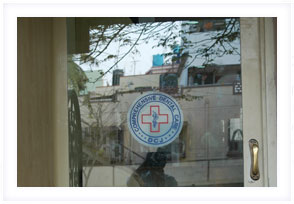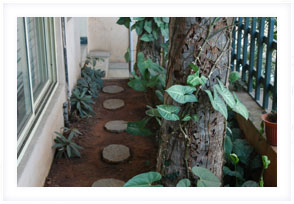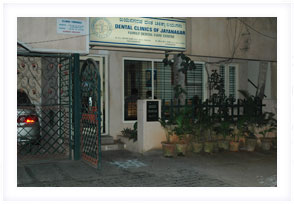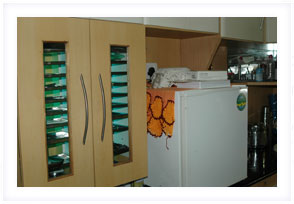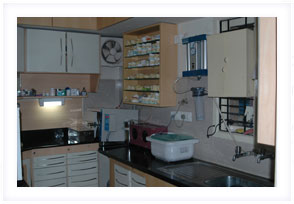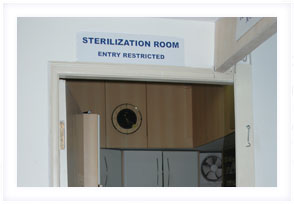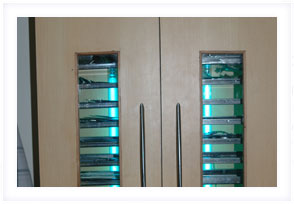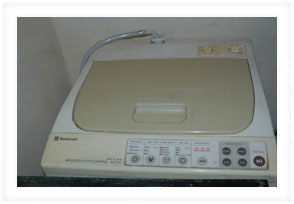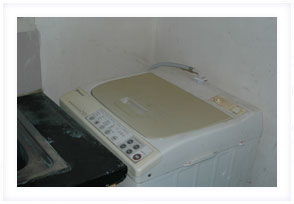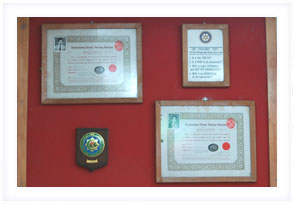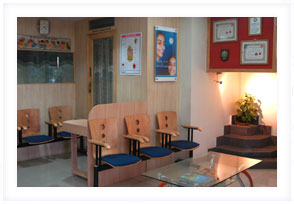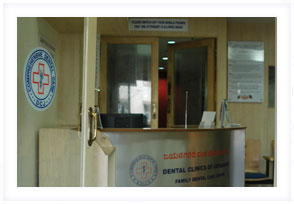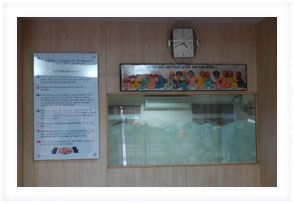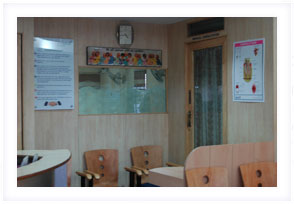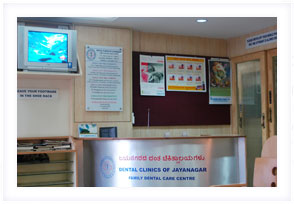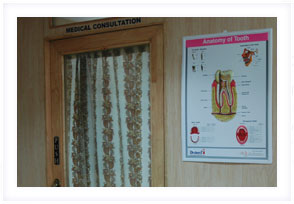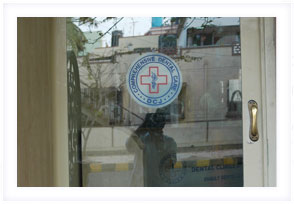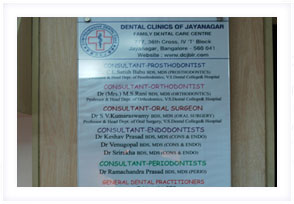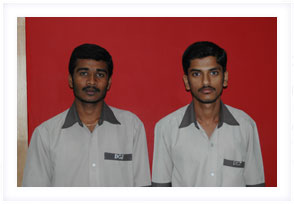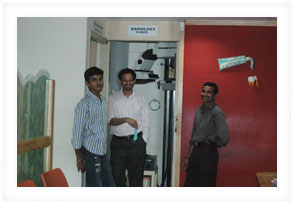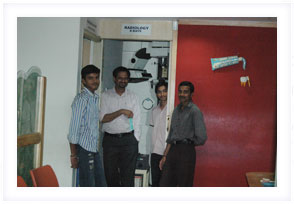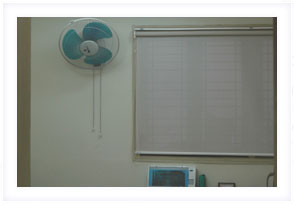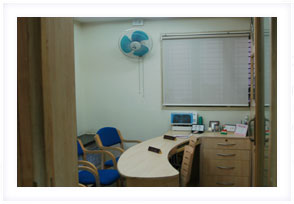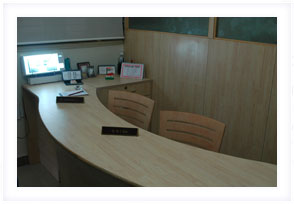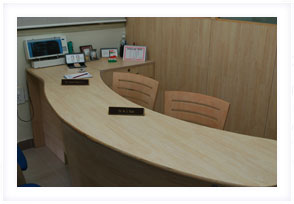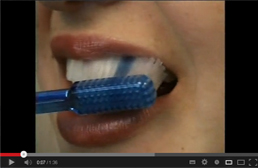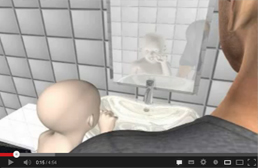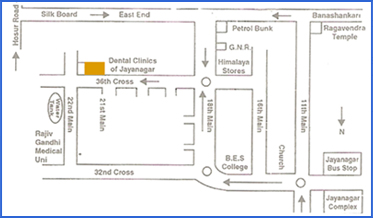ABOUT THE CLINIC
Dental Clinics of Jayanagar and the Family Dental Care centre have been equipped to provide comprehensive oral and dental care including orthodontic treatment.
VISION
To provide “The state of Art Dentistry” at an affordable cost.
Histroy Of the Clinic
Dental Clinics of Jayanagar and the Family Dental care Centre was established in the year 1990, by Dr. C.L. Satish Babu and Dr. (Mrs.) M.S. Rani respectively with two operatories in the first floor of the present building to provide comprehensive dental care to the needy individuals.
Read More..
Back to Top
About Us
Profile of the Consultants :
Dr. C.L. Satish Babu B.D.S., M.D.S, Consultant Prosthodontist and is presently working as Professor & Head Department of Prosthodontics, V.S. Dental College & Hospital, Bangalore.
Dr. C.L. Satish Babu graduated from Government Dental College, Bangalore University, Bangalore, about 32 years ago and obtained Master’s Degree in Prosthodontics from College of Dental Surgery, Manipal of Mangalore University about 28 years ago. He had the opportunity to work in some of the best institutions in India and abroad to include College of Dental Surgery, Manipal, Faculty of Dentistry, Arab Medical University, Libya, M.R. Ambedkar Dental College, and Dayananda Sagar College of Dental Sciences.
Academic and Scientific Activities:
Dr. Satish has organized and participated in several continuing Dental education programmes, Post graduate student conventions.
He was the chairman of the scientific committee, 26th Annual conference of the Prosthodontics society.
Organizing Secretary of the 6th National Convention of the Prosthodontics Post graduate students convention held in Bangalore during Aug 2004 under the aegis of the Indian Prosthodontics society. He was the Core committee member of the Organizing committee of the 36th Annual conference of the Prosthodontics society, held at Bangalore, in Nov 2008.
He was the President Bangalore Prosthodontic Forum; currently he is the President, Karnataka Prosthodontic Society.
Presented scientific papers in the 37th all India conference held in Bangalore and in the 14th State Dental conference held in Mangalore, which was judged as the “BEST PAPER”. A scientific paper on “Tooth Dimensions as diagnostic Aid” for preparations in fixed Prosthodontics in the 4th Arab Magarab Dental Conference held at Benghazi. Research project on Dissertation, “Determination of rest vertical relation – A comparative study on Conventional method and Electromyography with Bio-feedback” as a part of Master’s Degree in Prosthodontics. The results of the research was published as “Determination of rest vertical relation with a comparative study” in the Journal of Prosthodontics. He has also publications in other peer reviewed Journals. Has delivered B.C.Shroff Oration at the 40th APOS-IPS Conference, held at Chennai. Currently he is recognized PhD Guide by the Rajiv Gandhi University of Health Sciences.
Registration:
Registered permanently with Karnataka State Council to Practice Dentistry in India.630-A
Membership of Professional Associations
- Life member in Indian Dental Associations.
- Life member in Indian Prosthodontic Society.
- Fellow of Pierre Fauchard Academy.
- Life member of Indian Academy of Aesthetic and Cosmetic Dentistry
Dr. (Mrs.) M.S Rani B.D.S., M.D.S., Consultant Orthodontist and is presently working as Professor & Head Department of Orthodontics, V.S. Dental College & hospital, Bangalore.
Dr. Rani graduated from The Tamilnadu Government Dental College, Madras University, Chennai, about 25 years ago, and obtained Master’s Degree in Orthodontics from College of Dental Surgery, Manipal of Mangalore University about 21 years ago. She had the opportunity to work in some of the best institutions in India and abroad, to include College of Dental Surgery, Manipal, Faculty of Dentistry, Arab Medical University, Libya, M.R. Ambedkar Dental College, and Dayananda Sagar College of Dental Sciences.
Academic and Scientific Activities:
She has organized and participated in several continuing Dental education programmes. Post graduate student conventions, to mention a few:
- Secretary of the scientific committee, 34th Indian Orthodontic Conference.
- Chairperson- Organizing committee of the 10th Indian Orthodontic Society’ Post Graduate students’ convention.
- Editor of Dentimes, quarterly publication of Manipal- Indian Dental Association for a period of one year.
She is also an author of two Text Books on Orthodontic “Text book on Orthodontic” – III Edition (First Edition – “Synopsis of Orthodontic”) and “Removable Orthodontics Appliances” first edition and second editions.
She has guided several undergraduate and Post Graduate students through their Scientific papers research work and dissertations. Currently she is recognized PhD Guide by the Rajiv Gandhi University of Health Sciences
Registration:
Registered permanently with Karnataka State Council to Practice Dentistry in India.914-A.
Membership of Professional Associations:
- Life member in Indian Dental Associations.
- Life member in Indian Orthodontic Society
- Life Member in Computer Society of India.
- Life Member in Indian Begg Society
- Member in Indian Association Medical Informatics
- Fellow of Pierre Fauchard Academy
Dr. S.V. Kumaraswamy B.D.S., M.D.S. (Oral surgery) Consultant Oral Surgeon and retired as Professor & Head Department of Oral and Maxillofacial Surgery, V.S. Dental College & Hospital, Bangalore.
He started his profession as a Assistant Dental Surgeon, General Hospital-Mandya and completed his P.G. Studies M.D.S (Oral Surgery) at Govt. Dental College-Bangalore and worked as a Lecturer in Dentistry at Govt. Dental College. He moved on to the Kidwai Memorial Institute on Oncology and worked there as a lecturer of Oral Surgery and Promoted as an assistant professor.
Academic and Scientific Activities:
Dr. Kumaraswamy a recipient of many awards and scholarships has lectured extensively at the State Conference, national Conferences and continuing Dental education programmes. His advanced training and recognition of his work includes
- TC White Visiting Fellowship, Glasgow & London, from Royal College of Physicians & Surgeons of Glasgow UK Regional Plastic and Maxillofacial Unit, Caniesburn Hospital under Prof. K.F. Moos.
- Overseas Dental Advisor in India for the Royal College of Physicians and Surgeons of Glasgow, U.K.
- International Cancer Fellowship ICRETT (UICC), Geneva, Switzerland to visit Memorial Sloan Kettering Cancer, New York. In the Head & Neck Services under Dr. Jatin P Shah, Chief Head & Neck service.
Registration:
Registered permanently with Karnataka State Council to Practice Dentistry in India.
OTHER CONSULTANT ARE:
Consultant Endodontists:
- Dr. Venugopal BDA, MDS
- Dr. Srirekha BDS, MDS
- Dr. Madhukiran M.K. BDS, MDS
- Dr. Gururaji BDS, MDS
Consultant Periodontists:
Consultant Oral & Maxillofacial Surgeons:
Dr Ramakrishna BDS, MDS
General Dental Practitioners:
- Dr. Mamatha
- Dr. Sushma
- Dr. Divya
- Dr. Sneha
Back to Top




